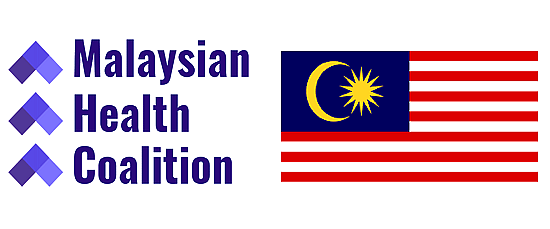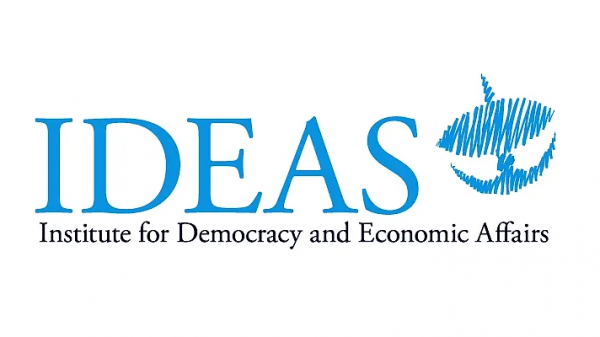
The Malaysian Health Coalition (MHC) is concerned that Malaysia’s average life expectancy at birth has dropped from 74.4 years (in 2012) to 73.4 years (in 2022), as reported by the Department of Statistics.
Malaysians now have a lower life expectancy than Brunei, Singapore and Thailand.
The reduced life expectancy reflects the impact of Covid-19 and the need for more ambitious public health funding because citizens live longer in countries that invest more in their health systems.
Therefore, we strongly support the Health Minister’s call to increase the budget for public healthcare from 2% of GDP to 5% of GDP, and we call for this to be reflected starting with Budget 2023.
We expect an expansionary budget that significantly supports public healthcare and reverses the drop in our population health.
Additional funds must be spent in transparent and non-corrupt ways.
We recommend the following:
1. Systematically increase the allocation for public healthcare
According to the World Health Organization, 5-6% of the country’s GDP should be set aside to achieve universal health coverage.
Most upper-middle-income countries spend 3.2% of their GDP on public healthcare while Malaysia invested only 2.6%.
Meeting global standards may be ambitious given Malaysia’s budgetary limits and growing inflation, but it is crucial to provide effective care for Malaysians.
We expect a gradual increase in public healthcare allocation in the coming years, with predictable allocations accompanied by robust governance strategies.
2. Increase the resilience of our health system: NCDs + financing + digital health
Investments must be made to increase the nation’s health system resilience, particularly during times of crisis.
We highlight three strategies.
First, we must strengthen our control for NCDs. Therefore, we support the Minister’s proposal to enact the Tobacco and Smoking Control Bill and the Generational End Game.
Second, we must consider a mandatory social health insurance program for both Malaysian citizens and foreign workers in which a minimum contribution is devoted to a health insurance card or to a healthcare fund.
Third, we suggest additional investment to cater further digitalize healthcare to increase access. This must be accompanied by strong 5G and telecommunications infrastructure development.
3. Align the Budget to the Health White Paper
Budget 2023 must be linked with the Health White Paper (HWP).
Although Budget 2023 will be tabled in Oct 2022 before the HWP that is only expected to be tabled in Nov-Dec 2022, we hope that the budget will seek preliminary inputs from the HWP Secretariat and Advisory Council to address key policy priorities.
This will enable Budget 2023 to begin supporting the long term implementation of proposed reforms.
The budget should have enough flexibility to accommodate the needs of HWP once it is passed in the Parliament.
We ask for an expansionary budget for health in 2023 along with better health system resilience, incorporation of the Health White Paper and strong governance and accountability.
An adequate and responsive budget is essential to support our transformation into a more sustainable and effective health system.
Click here for full signature list
ADVERTISEMENT
ADVERTISEMENT








































